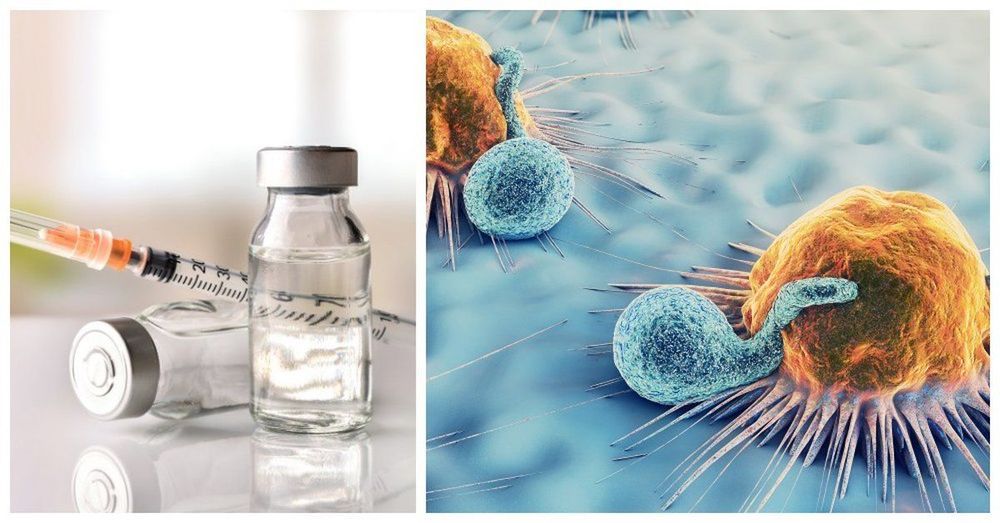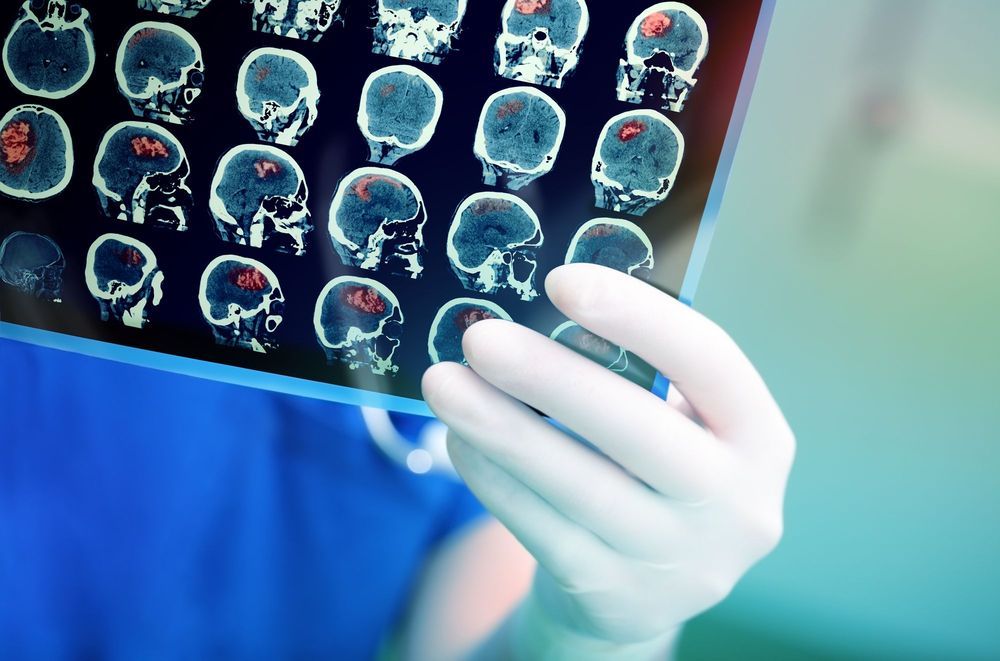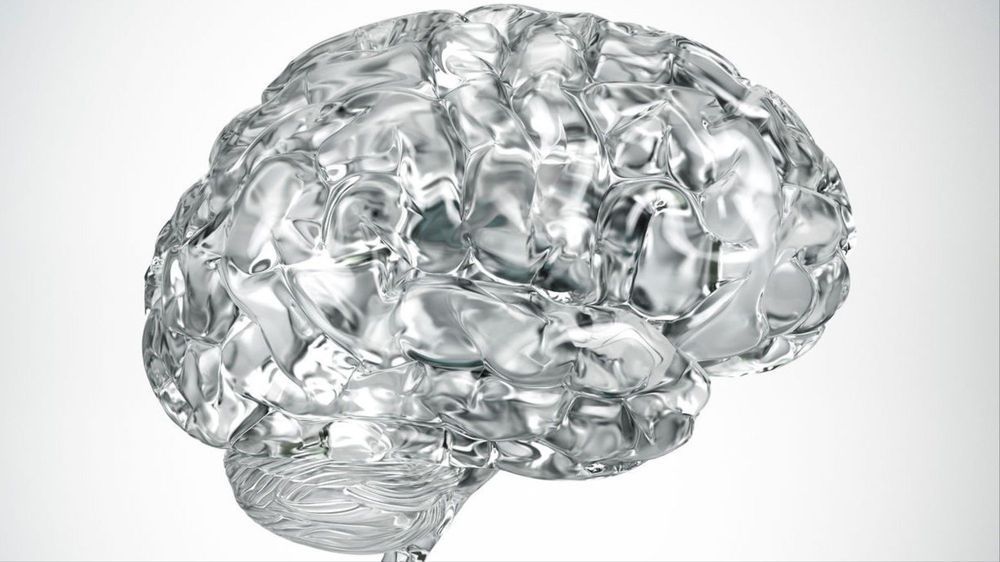Jan 3, 2020
Iran discovers new oil field with over 50 billion barrels
Posted by Brent Ellman in category: nuclear energy
TEHRAN, Iran (AP) — Iran has discovered a new oil field in the country’s south with over 50 billion barrels of crude, its president said Sunday, a find that could boost the country’s proven reserves by a third as it struggles to sell energy abroad over U.S. sanctions.
The announcement by Hassan Rouhani comes as Iran faces crushing American sanctions after the U.S. pulled out of its nuclear deal with world powers last year.
Rouhani made the announcement in a speech in the desert city of Yazd. He said the field was located in Iran’s southern Khuzestan province, home to its crucial oil industry.


















